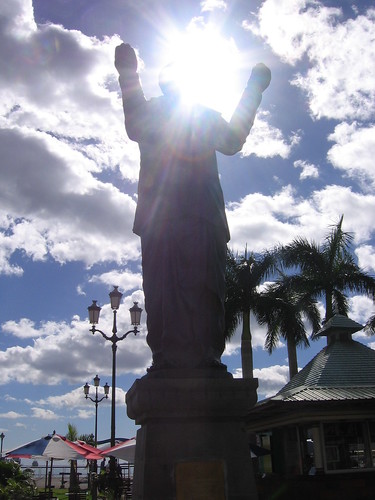Town poets
Reading the website of Flemish newspaper 'De Morgen' earlier this week I learned about a Dutch-language phenomenon of which I was previously ignorant: town poets.
According to the report, the town of Diest has just appointed the first female town poet ('stadsdichter') in Flanders. Under the terms of her two-year contract, Ina Stabergh has to write between six and 12 poems per year about both daily life in the town and specific neighbourhoods.
According to this listing, Diest joins 25 other towns and cities in Belgium and the Netherlands in having its own poet. An annual stipend of EUR 5,000 is paid to the laureates of Groningen, Antwerp and Assen. Roermond's town poet picks up three K.
Although noteworthy, it shouldn't come as too much of a surprise to discover the existence of these town poets. As I've mentioned before, Belgium is big on arts funding (as is its northern neighbour). Poetry also seems to be held in high esteem judging both by the number of times I have been exposed to the work of Flemish surrealist Paul Van Ostaijen in my Dutch classes and by the fact that local Dutch-language community centre, the Elsenhof, organizes frequent poetry evenings (I even took part in one myself a couple of years ago, reading RS Thomas as part of a Welsh poetry theme).
According to the report, the town of Diest has just appointed the first female town poet ('stadsdichter') in Flanders. Under the terms of her two-year contract, Ina Stabergh has to write between six and 12 poems per year about both daily life in the town and specific neighbourhoods.
According to this listing, Diest joins 25 other towns and cities in Belgium and the Netherlands in having its own poet. An annual stipend of EUR 5,000 is paid to the laureates of Groningen, Antwerp and Assen. Roermond's town poet picks up three K.
Although noteworthy, it shouldn't come as too much of a surprise to discover the existence of these town poets. As I've mentioned before, Belgium is big on arts funding (as is its northern neighbour). Poetry also seems to be held in high esteem judging both by the number of times I have been exposed to the work of Flemish surrealist Paul Van Ostaijen in my Dutch classes and by the fact that local Dutch-language community centre, the Elsenhof, organizes frequent poetry evenings (I even took part in one myself a couple of years ago, reading RS Thomas as part of a Welsh poetry theme).

0 Comments:
Post a Comment
<< Home